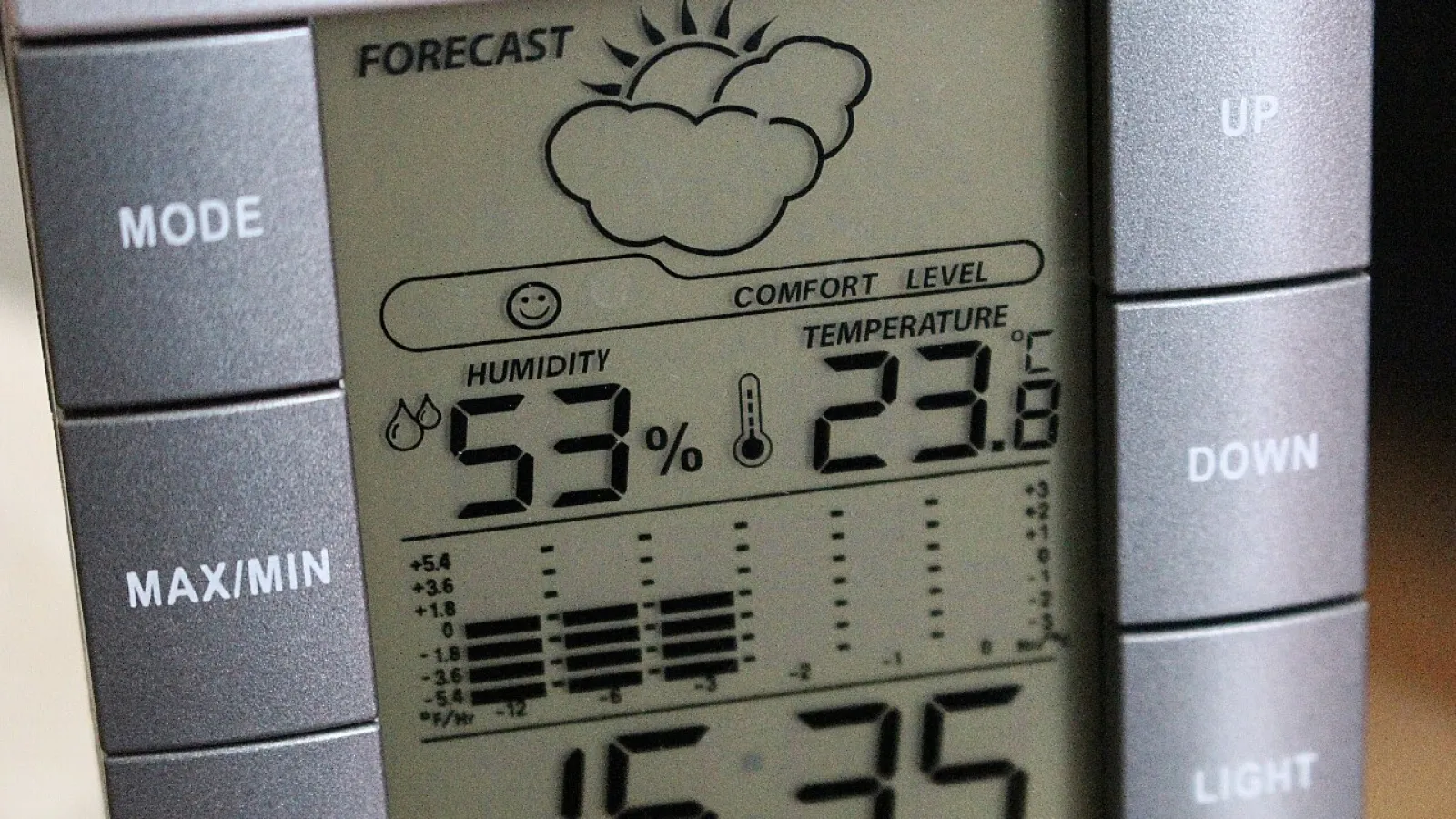Are you aware of the humidity levels in your home? If you don’t live in an extreme climate, it's likely that you don’t know exactly how humidity affects your air quality and daily life. Humidity is actually a big factor in your health and an imbalance can lead to lingering issues for yourself and for your home. In this article, we’ll explore exactly how to improve your air quality using humidifiers and dehumidifiers.
How do humidifiers and dehumidifiers work?
Knowing how your home unit works will help you make adjustments in the future.

Humidifiers
A humidifier is a home device that adds humidity to the air in your home as needed. During the winter the weather becomes much drier than in the hot summers. Because of this, you may need a humidifier in your home if you are noticing the effects of dry air on yourself and your home. If you notice dry eyes and dry skin during the winter, it is probably time to invest in a humidifier.
There are two types of humidifiers that are common in most households. The evaporator type blows air into a tank of water, pushing the evaporated water out into the air. The other type, an atomizer humidifier, breaks up water into a fine mist that is distributed throughout your home. Humidifiers can also be built into your home heating and cooling system and are available as portable single room units. If you live in a consistently dry climate, you may want to consider a full home humidifier. For more episodic periods of dryness, it may be more worthwhile to get a portable unit.
Dehumidifiers
Dehumidifiers work in the opposite direction of humidifiers, That is, they remove unwanted excess humidity from the air. Dehumidifiers pull in air from the home and blow the air over cooling coils to extract water droplets in the air. After, extracting the water from the air, your dehumidifier will warm the air up again and distribute the drier air around your home. Water from the air is collected in a storage tank within the dehumidifier. This storage tank should be emptied regularly to make sure your dehumidifier is working properly.
Much like humidifiers, dehumidifiers can be installed into your home system or can be bought as portable units. Portable units are most well suited for rooms that get especially humid.
Effects of too humid or too dry home environments
If you are experiencing these negative effects in your home, you might want to learn how to improve your indoor air quality using humidifiers/dehumidifiers

If your home is too dry, you may notice:
- Dry skin becomes noticeable and will worsen if your home is too dry
- Asthma symptoms can become intensified in a dry home environment
- You are more likely to feel uncomfortable in your home if the air is too dry
- A dry environment can damage your wooden furniture over time as the wood is deprived of moisture
If your home is too humid, you may notice:
- Viruses or bacteria can stay in your home longer if your home is too humid
- Mold or mildew will progress quickly in very humid environments
- Dust mites thrive in humidity and can cause respiratory problems over time
- Volatile Organic Compounds can grow and be distributed through your home
- Odors will linger longer than usual because they are water soluble
- Many types of bugs prefer humid environments
How to Improve Indoor Air Quality
Keeping your home at the right humidity level is all about finding balance

If you are experiencing any of the issues listed above, you likely need the help of a humidifier/dehumidifier in your home. The ideal humidity level in a home is anywhere between 30% to 50% humidity. Too high or too low humidity can lead to health problems. In order to improve your home air quality, you first need to determine your needs. First observe whether your home is feeling too humid or too dry. Next, investigate the circumstances that could be causing excessive dryness or moisture. Causes can range anywhere from where you live to the functionality of your heating and cooling unit. If you already have a humidifier built into your home system, but are still experiencing dryness, you definitely want to make sure the humidifier is still functioning properly. Will you be needing a built in unit for your entire home or a portable one for a single room? These are all important questions before you begin balancing the moisture in your air.
The next step to take is to research what types of humidifiers/dehumidifiers will benefit your health the most. It is always a good idea to consult an expert in heating/cooling if you are unsure of how to proceed.
Once you have decided on the best way to control the humidity in your home, it is time to reap all of the health benefits from properly balanced air in your home.
Benefits of Controlled Humidity
Once you have begun controlling the humidity in your home, you will start to notice some improvements in your health and in the comfort of your home

- Prevent Illnesses
By balancing humidity in your home, you can also prevent harmful illnesses brought on or by a too dry climate. Too dry air will take the moisture from your body leading to dry eyes, dry skin and even lung irritation. By installing a humidifier you will help manage allergies, asthma and persistent cough.
- Decrease Indoor Pollutants
When a home is too humid, water soluble odors and pollutants linger in the air causing poor home air quality. In this case, a dehumidifier is recommended to decrease the moisture levels in your home leading to noticeably healthier indoor air. If your air is unchecked for humidity levels, you are at a higher risk of mold growth in your home also contributing to poor air quality.
Now that we’ve gone over how to improve indoor air quality using humidifiers/dehumidifiers, it's time to assess your own home. If you have experienced any of the problems listed above it is time to take control of the humidity in your home. In Pittsburgh, the winters are cold and dry and the summers are hot and humid, so you may need to adjust your humidity levels as the seasons change. Contact the experts at Restano today if you need help keeping your home at a perfect and healthy humidity level all year long.

